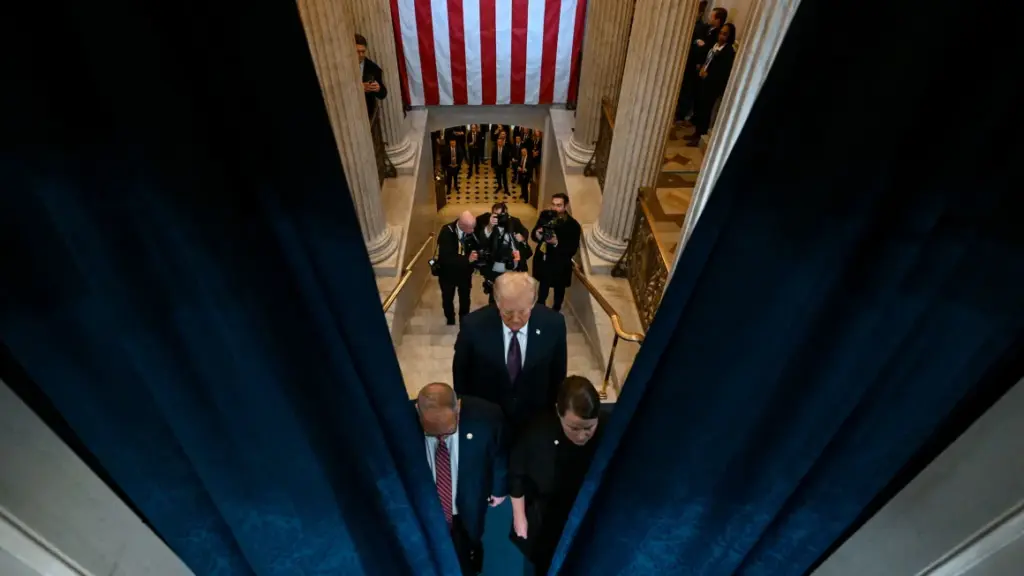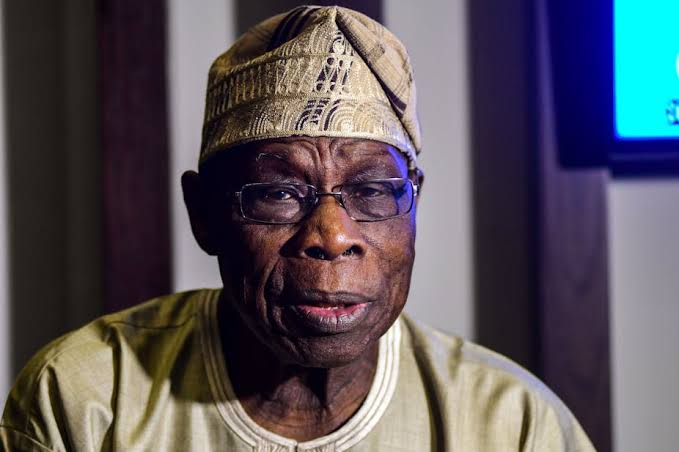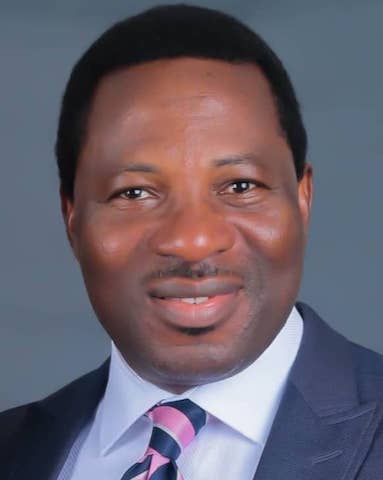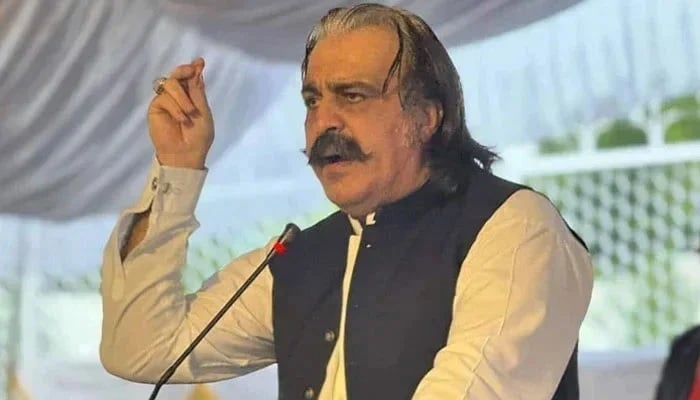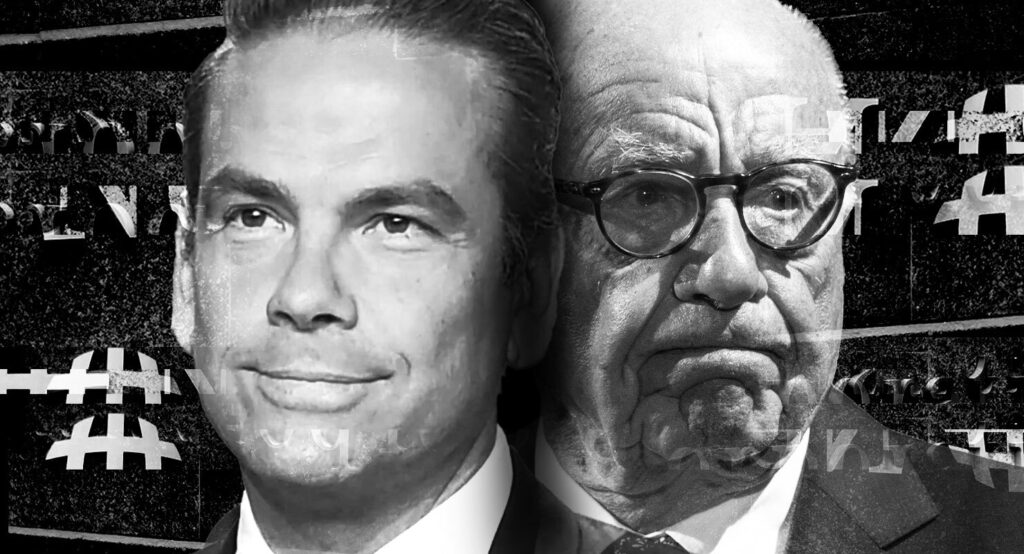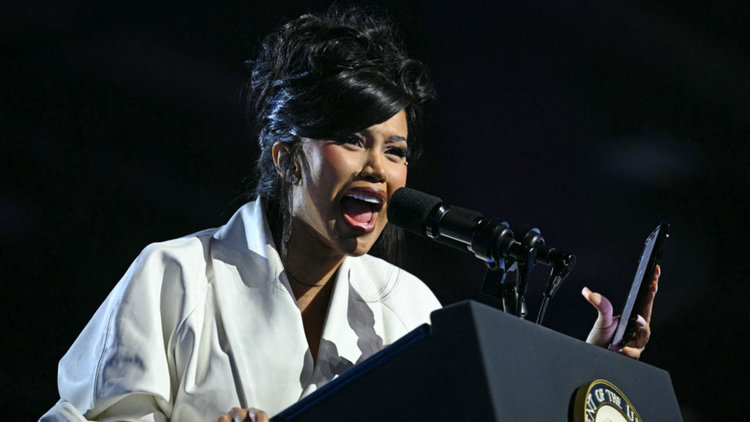Should money be a ‘form of speech’ in politics?

Politics tamfitronics

Permitting political parties to receive donations of unlimited amounts and from undisclosed sources exposes the government and its democratic values to corruption. (Graphic: John McCann/M&G)
The phrase “follow the money” is often used by people tackling corruption.
The role of money in politics is a topic of debate that many people have wrestled with in both demogrouncratic and not-so-democratic countries in Africa and elsewhere.
The old adage “money talks” seems to show its ugly face too frequently in the politics of our continent — and in other places, such as America. In fact, the US supreme court ruled on this matter, making it clear that money is a “form of speech” and political expression in the case ofCitizens United vs Federal Election Commission (2010).
The interesting ruling that came out of that case has seemingly set the precedent for many democratic societies. Therefore, we should explore the background and rationale of this ruling.
In 1976, the supreme court ruled in Buckley vs Valeo that spending money on political campaigns is a form of free speech protected by the First Amendment. This decision established the concept of “money as speech” because the court argued that limiting campaign spending would restrict a candidate’s ability to express their message and engage in political speech.
According to philosophers such as Aristotle, Plato and John Locke, politics is a virtuous pursuit, a noble form of art and expression, which has everything to do with governing a society, statecraft and nationhood. And the telos — the end, or rather the purpose of it — is to achieve the common good, establish justice, protect natural rights, realise the ideal society and maintain stability.
Hence, to actualise this picture painted by these great philosophers, politics should be incorruptible in all of its form and appearances. And, for all practical purposes, the unregulated flow of money into politics makes it easier for corruption and bribery to take root in any system of governance.
The quote by Lord Acton “power tends to corrupt, and absolute power corrupts absolutely” should instead read as money corrupts politics, and unlimited money corrupts the political process absolutely.
In Citizens United vs Federal Election Commissionthe court made a landmark ruling that changed campaign finance law in the US. In essence, the court decided that money as a form of speech in politics is acceptable. Also, the ruling states that corporations and unions have First Amendment rights, including free speech and political expression. The government cannot restrict political spending by corporations and unions, because this would be a form of censorship.
Some background to the case: the nonprofit Citizens United “wanted a film about then-senator Hillary Clinton, who was a candidate in the Democratic Party’s 2008 presidential primary elections”, the commission said. “Citizens United wanted to pay cable companies to make the film available for free through video-on-demand.” Meanwhile the federal election commission prohibits corporations and labor unions from using their general treasury funds to make electioneering communications or for speech that expressly advocates the election or defeat of a federal candidate.
The court concluded that the Federal Election Commission’s restrictions on Citizens United’s film violated the organisation’s First Amendment rights.
But what this does is increase the influence of money in politics and maintains the status quo where corporations are the major benefactors of the political process and its outcomes at the expense of the ordinary person. This kind of arrangement only amplifies the voices of the wealthy and undermines the democratic process.
Just a few days from now, South Africa, a country with one of the most strict campaign financing laws on the continent, will go to the polls. The election mood is electric, and campaigns are on-going countrywide.
The Political Party Funding Act, signed into law in 2021, requires political parties to disclose donations greater than R100 000. But the Electoral Matters Amendment Act, signed by President Cyril Ramaphosa on 7 May (just three weeks before the 29 May elections), threatens to undermine it.
Evidently, the Electoral Matters Amendment Act amends the Political Party Funding Act to allow independent candidates to run for positions in the National Assembly and provincial legislatures and have access to the multi-party democracy fund. On the surface, one might think that the Electoral Matters Amendment Act was progressive and will level the playing field for all candidates.
But in reality it takes away donation limits by removing the clause in the Political Party Funding Act which sets a R15 million annual limit on donations from a single donor and the R100 000 threshold for declaring donations to the Electoral Commission of South Africa.
This is the South African equivalent of the Citizens United case. The Electoral Matters Amendment Act has been criticised for enabling secrecy around party funding and leaving gaps in the Political Party Funding Act. This new law is the beginning of what the US expresses as money being a form of speech and it is also the beginning of a downward spiral in South Africa’s politics.
There are certain things that money should not buy. And there are certain morals and ethics that should remain incorruptible in a well-functioning state. To allow South African political parties to accept donations of unlimited amounts and from undisclosed sources renders the state and its democratic values vulnerable.
This is the unfortunate state of affairs in most African countries, with Zambia being a perfect example. It is regarded by many as a peaceful country but is poor and corrupt to the core in terms of fundamental democratic values.
It is a country where an opposition leader has been sponsored and supported by outside sources and funders for more than 15 years. President Hakainde Hichilema and his government’s decisions and actions demonstrates nothing but state capture by the likes of Anglo American, Western countries and the Brenthurst Foundation.
It is becoming more and more evident that Hichilema was compromised by foreign entities with mining interests in Zambia long before his election victory on 12 August 2021. This is what exactly happens when a country does not have strict campaign financing laws and, even worse, allows money to be a form of speech in the political process.
Aaron Ng’ambi is a geopolitical analyst and newspaper columnist, leadership instructor and a social entrepreneur.



 Hot Deals
Hot Deals Shopfinish
Shopfinish Shop
Shop Appliances
Appliances Babies & Kids
Babies & Kids Best Selling
Best Selling Books
Books Consumer Electronics
Consumer Electronics Furniture
Furniture Home & Kitchen
Home & Kitchen Jewelry
Jewelry Luxury & Beauty
Luxury & Beauty Shoes
Shoes Training & Certifications
Training & Certifications Wears & Clothings
Wears & Clothings





